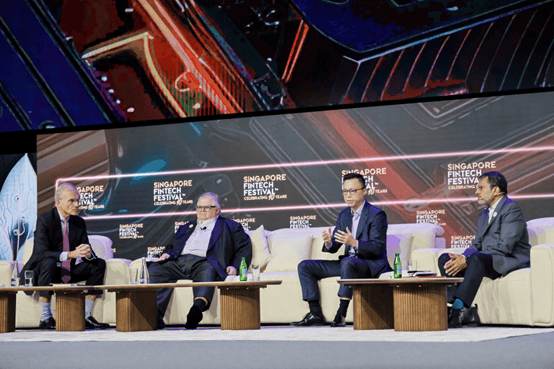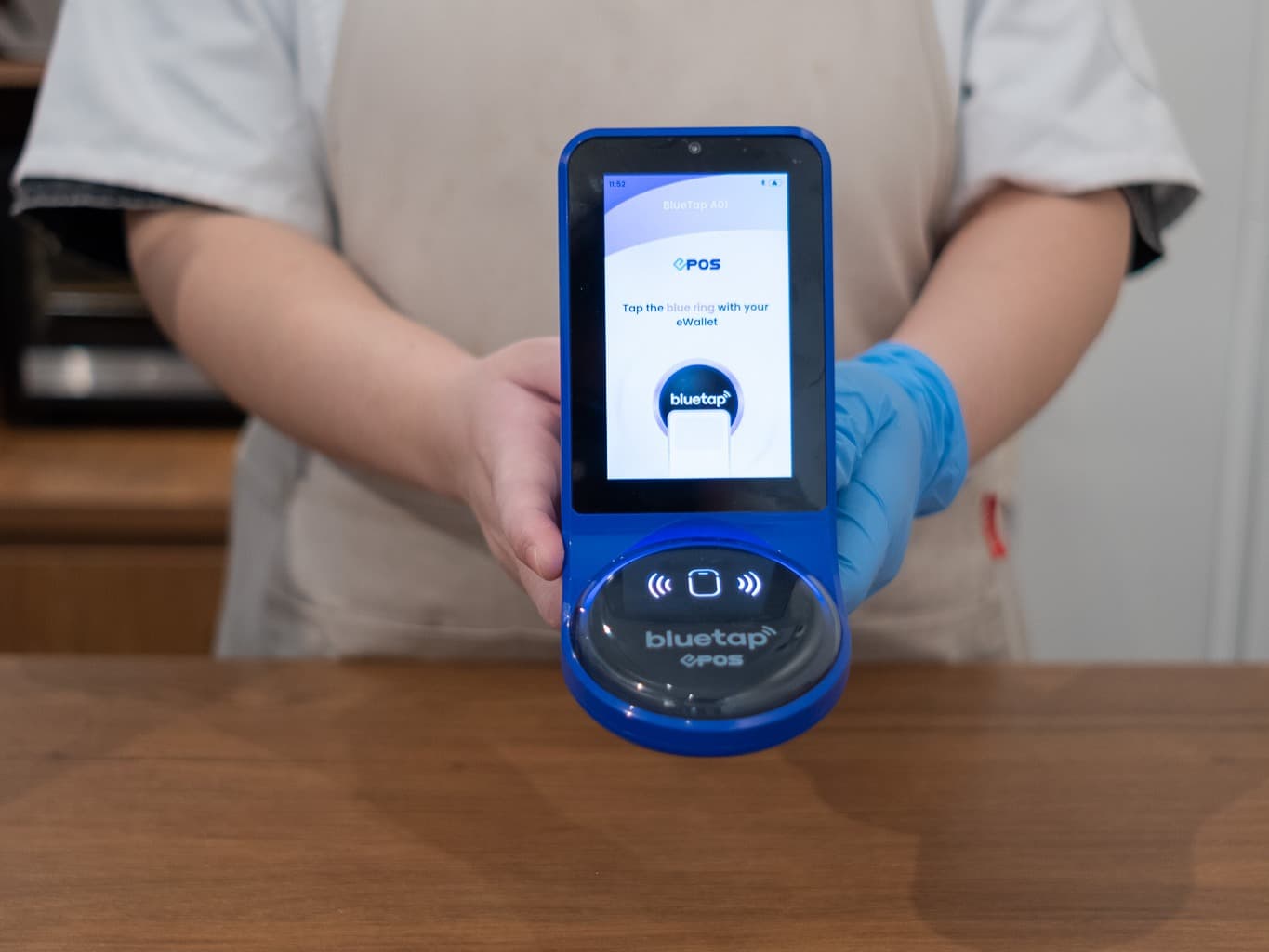
Indian workers have the strongest preference for full-time remote work, 57% compared to the global average of 37%
Bangalore, – Atlassian Corporation Plc (NASDAQ: TEAM), a leading provider of team collaboration and productivity software and the maker of Jira, Confluence, and Trello products, has today announced the launch of a global study into the nuances of modern work and in particular changing attitudes and expectations from workers over the past year.
According to Atlassian’s second annual ‘Reworking Work’ study, more than any country surveyed, Indian workers have adapted their remote workspaces over the last year, with 45% having changed it often compared to the global average of 15%. 93% of Indian workers have updated their remote workspace over the last year and 94% of Indian workers feel well-prepared to work remotely, which is also the highest globally.
12 months on, the new research tells a story of change. Indian workers continue to enjoy the shift from the office environment, with the highest preference for full-time remote work, and the lowest preference for hybrid work of all countries surveyed. However, the past 12 months, indicate the early stages of hybrid work transition. Workers are spending less of their week working remotely and the idea of hybrid work looks to be slowly gaining traction with a slight increase from 25% to 28% year on year.
Indian workers were seen as leaders in adaptability and they are younger than the global average. Keeping up with change is front of mind for workers, with 82% recognizing the increasing importance of remaining adaptable compared with the global average of 59%. A significant percentage of Indian workers upgraded their remote workspaces over the last year, with 71% of workers noting improvements to their internet connection, 67% improving workspace functionality and 63% improving workspace comfort and ergonomics.
Over the past 12 months, workers in India have had more success in adapting to long-term remote work compared to other countries surveyed. An area of major concern highlighted in the research was that 83% of new recruits are feeling insecure about their job, which is the highest globally. Workers recruited within the last two years feel less secure in their roles yet feel a stronger sense of commitment than their colleagues with longer tenure.
The study commissioned by Atlassian and conducted by Australian research agency PaperGiant across six countries and covering 6192 knowledge workers, is an extension of the previous global survey conducted in early 2020 with knowledge workers in Australia, USA, Japan, India, Germany and France using observational, qualitative, and ethnographic research methodologies. In India, 1,009 participants from tier 1, 2 and 3 cities were surveyed. The research survey was launched on 28th July 2021 and ran through to 5th September 2021.
Hero findings from the research include:
- Indian workers have the strongest preference for full-time remote work, 57% compared to the global average of 37%. The preference for hybrid work has grown slightly from 25% in 2020 to 28% in 2021.
- A majority of Indian respondents are still nervous about a return to office; 79% compared to the global average of 49%.
- Managers are struggling with 68% of managers in India worrying that their work has become more transactional and less appealing over the past 12 months.
- Teams are thriving with 85% of Indian workers agreeing that their team members pull together to accomplish work, compared to the global average of 65%.
- Trust levels are high with 90% of Indian workers agreeing that there is a very high level of trust throughout their company, compared to the global average of 70%. This may indicate that people are grateful to have secure employment and a safe place to work amidst ongoing uncertainty.
- Male primary caregivers reported higher care responsibilities than before the pandemic, and they’re finding it harder, with 48% strongly agreeing that remote work made this harder, compared to 31% of female primary caregivers.
Dinesh Ajmera, Site Lead and Head of Engineering, Bengaluru, Atlassian said, “This research report presents some important findings and startling revelations on the state of play within Indian organisations. For instance, the fact that a high percentage of new recruits in India compared to other countries surveyed felt more insecure about their job, or whether it’s to do with how managers are finding their work less appealing over the last year, are matters of concern that needs to be addressed by organisations. Also, compared to others, Indian workers seemed to have a substantially different outlook and propensity towards remote and hybrid work.”
“These insights can help organisations and employees navigate through this paradigm shift in work that we are witnessing. Atlassian has always been cognisant of the fact that a collaborative, open and supportive work culture would go a long way in unleashing the potential of teams, one that cuts across all levels within the organisation, from new recruits, managers to the leadership team. With the onslaught of the pandemic and the challenges associated with it, we pivoted to a new distributed work model to support our 900+ growing employee base at our R&D centre in Bangalore to seamlessly transition to the new model of work,” he further added.
To see further commentary on the research and its implications, please visit Atlassian’s WorkLife Blog.
About the research
The Reworking Work: Quantitative Research was commissioned by Atlassian and conducted by PaperGiant, with the support of international research partners. They surveyed 6,192 knowledge workers across six different countries – Australia, Japan, India, Germany, France, and the USA, who have worked remotely from their normal office at any time during the past 12 months. They surveyed: Full-time knowledge workers (30+ hrs per week); Workers from a broad range of industries; Workers aged from 21 to 65 years old; Managers and individual contributors; Workers who have been employed at their company for at least 6 months and People from midsize to large workplaces with at least 250 employees. Building on last year’s analysis, they expanded the survey to enable further examination of the breadth and depth of change experienced by workers during the pandemic. For their comparative analysis, they revisited the survey data from both the Changing Work Practices (August 2020) project and the Reworking Work: India (October 2020) project. For Survey analysis, they primarily used Python and Qualtrics – a sophisticated cloud-based platform for creating and distributing web-based surveys. Their statistical tests were conducted using Python statistics libraries, and SPSS – a statistical software platform that facilitates the extraction of actionable insights from large data sets.
About Atlassian
Atlassian unleashes the potential of every team. Our team collaboration and productivity software helps teams organize, discuss, and complete shared work. Teams at more than 236,000 customers, across large and small organizations – including Bank of America, Redfin, NASA, Verizon, and Dropbox – use Atlassian’s project tracking, content creation and sharing, and service management products to work better together and deliver quality results on time. Learn more about our products, including Jira Software, Confluence, Jira Service Management, Trello, Bitbucket, and Jira Align at https://www.atlassian.com/.
About PaperGiant
PaperGiant is a strategic research and design consultancy that helps organizations understand and solve complex problems. PaperGiant specializes in combining qualitative and quantitative research to understand customers and communities and translates that understanding into designs for product, service, and policy. PaperGiant has offices in Melbourne and Canberra and works throughout Australasia. Learn more about their work and services at http://papergiant.net.


